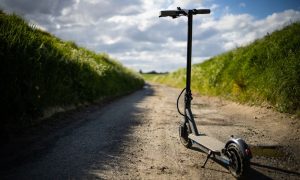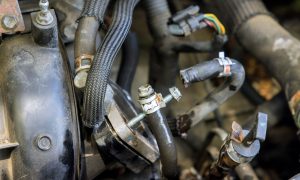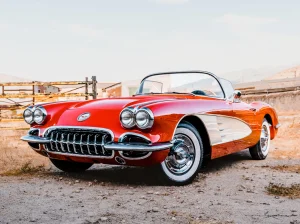Imagine: You’re all geared up, helmet on, ready to zoom through the neighborhood, and your electric scooter turns on just fine… but then, nothing. No movement, no vroom, not even a gentle roll. It’s frustrating, to say the least! So, why does my electric scooter turn on but not move? This is a common issue with many potential causes. Let’s dive into some common reasons, troubleshooting steps, and how you can get that ride rolling again.
Common Symptoms of the Issue
Sometimes, your electric scooter gives clues that something is off. Recognizing these symptoms is the first step in understanding what’s wrong:
- Power On, No Response: The scooter powers on, the lights are active, but no movement at all.
- Throttle Non-Responsive: Twisting the throttle yields no effect. It feels like it’s trying, but there’s no motor response.
- Clicking Sounds: Strange noises, especially when trying to move, might mean motor or connection issues.
- Error Codes on Display: If your control panel shows an error code, it might indicate a specific problem.
- Brake Lock Feeling: Sometimes, the brakes feel engaged, preventing any movement.
Understanding these signs can help you pinpoint why your electric scooter turns on but does not move.
Basic Troubleshooting Steps
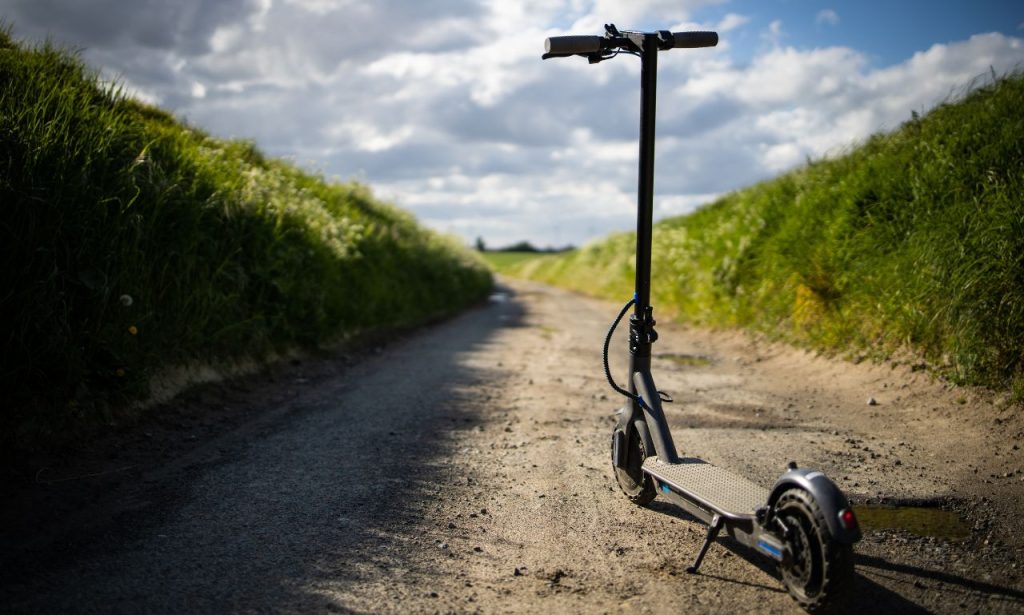
Before getting into complicated diagnoses, try these basic steps. They’re simple but can solve a lot of problems:
- Check the Battery Pack: A dead battery is one of the most common issues. Ensure the battery is fully charged.
- Look for Loose Connections: Inspect for any disconnected wires. Loose connections can disrupt the scooter’s motor.
- Reboot the Scooter: Turn it off for a few minutes, then power it back on. Sometimes, a reset fixes minor issues.
- Inspect Throttle Cable and Wiring: Make sure all electrical components, including the throttle wire, are properly attached.
If these basic steps don’t resolve the problem, it’s time to dig deeper.
Checking Zero-Start Settings
Understanding Zero-Start Mode
Most electric scooters have a feature called zero-start mode, which acts as a safety mechanism. When enabled, it prevents the scooter from starting without a kick. This means your electric scooter won’t move even if the motor is on until you give it a little push.
Disabling Zero-Start Mode
- Check your control panel settings for a zero-start option.
- Ensure the mode is off if you want immediate throttle response.
- Note that disabling this mode means your scooter will be more responsive, but might compromise safety.
Zero-start settings are often overlooked, and many users find themselves wondering, “Why does my electric scooter turn on but not move?” when, in fact, it’s just the zero-start mode that’s active.
Inspecting Brake Sensors
Brake Lever Switch
Brake sensors are designed to cut power to the motor when engaged. This means if the brake lever switch is faulty or stuck, your scooter won’t move.
- Check Brake Lever Wire Connector: Inspect the wire connectors on your brake lever. Loose wires can interfere with movement.
- Adjust Brake Cable Tension: Make sure the brake cable isn’t too tight, as this might be falsely triggering the motor locks.
Brake sensors are crucial safety features, but they can also cause problems if not working correctly. A malfunctioning brake lever switch can be the reason why your electric scooter turns on but doesn’t move.
Examining Loose Connections
Importance of Electrical Connections
Electric scooters rely on solid electrical connections for smooth operation. If wires are disconnected or frayed, the motor won’t respond.
- Check the Wiring Harness: Look for faulty wiring harness issues that might cause interruptions.
- Inspect for Frayed Wires: Worn or disconnected wires are often hidden culprits.
- Tighten Loose Connectors: Ensure all connectors are tight, especially those going to the motor controller.
Loose connections are among the most common reasons why an electric scooter turns on but does not move. Even a slightly loose connection can cause the entire motor system to fail.
Battery-Related Issues
Understanding Battery Charge Levels
Battery woes are notorious for causing issues. An electric scooter battery that appears to be charged might not have sufficient power to move the scooter effectively.
- Check Battery Voltage: Use a multimeter to measure battery voltage. If it’s below recommended levels, the battery may need replacing.
- Battery Charger Port Check: Ensure that the charger port is intact and functioning well.
Battery performance is crucial, and many users face this common issue of why their electric scooter turns on but does not move. Often, the battery seems fine, but a deeper voltage check reveals a different story.
Testing Voltage Under Load
Voltage readings without load can be deceiving. Testing while the scooter tries to move gives a more accurate diagnosis.
- If the voltage drops significantly, it might be a sign of a dead battery or faulty battery pack.
- Battery Pack Faulty? If one cell within the pack is weak, it could drag down the entire battery’s performance.
Impact of Cold Weather on Battery Performance
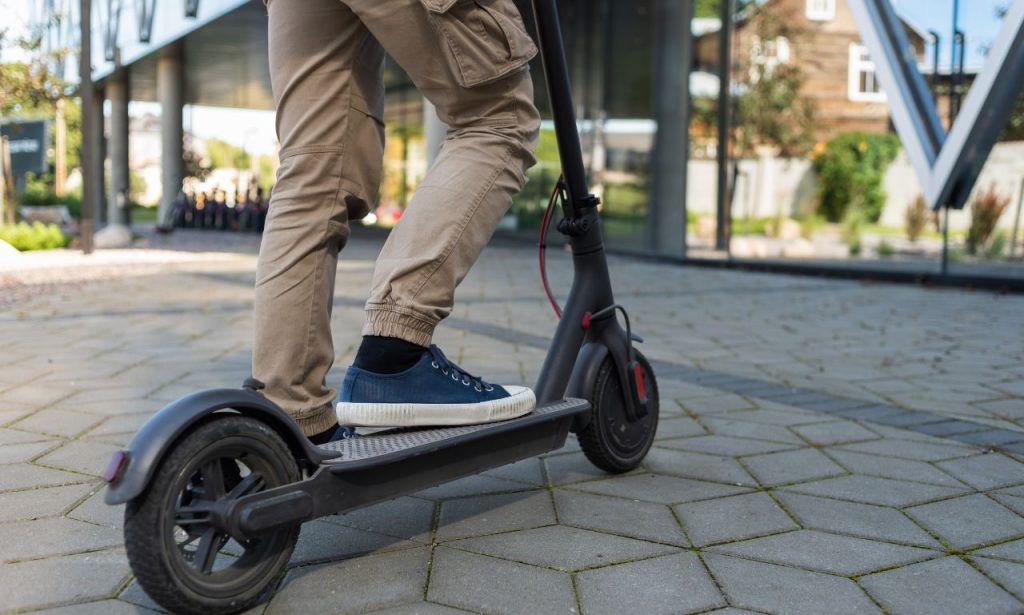
Cold temperatures can significantly impact battery efficiency. Lithium-ion batteries don’t perform well in freezing conditions.
- Keep Scooters Indoors: Store your scooter inside when temperatures dip to preserve battery life.
- Battery Performance Issues: Low temperatures can lead to low battery voltage, contributing to why your electric scooter turns on but doesn’t move.
Throttle Problems
How Throttle Connection Works
Your throttle is what tells your electric motor to kick in. If your throttle cable isn’t working correctly, then you won’t be going anywhere.
- Inspect Throttle Cable: A loose or faulty throttle cable could be the reason behind your immobile scooter.
- Check the Throttle Wire for Visible Damage: If there are any nicks or cuts, this could disrupt communication.
Throttle problems are often at the root of the question: “Why does my electric scooter turn on but not move?” A faulty throttle connection can prevent your scooter from accelerating.
Signs of Throttle Malfunction
- No Motor Response: If the motor doesn’t react at all when you twist the throttle, it’s likely a throttle failure.
- Erratic Behavior: The scooter might move intermittently if the throttle is faulty.
- Throttle Calibration: Sometimes, a simple throttle calibration or reset can fix the problem.
Hall Sensor Misalignment
What is the Hall Sensor?
A Hall sensor is a small but crucial component inside electric scooters. It’s responsible for measuring the speed and detecting the position of the motor.
- If Misaligned: When misaligned, the motor might struggle or completely fail to move.
Signs of Hall Sensor Issues
- Scooter Turning On but Not Moving: This could indicate a Hall sensor problem.
- Clicking Sounds: The motor might make noises as it tries to move unsuccessfully.
The Hall sensor is often overlooked, but if it’s not functioning properly, it can be a major reason why your electric scooter turns on but does not move.
Motor and Controller Considerations
Inspecting the Motor Condition
Your scooter’s motor is the heart of the ride. If something’s wrong, you won’t go anywhere.
- Look for Visible Signs of Damage: Any physical damage to the motor can impact its ability to function.
- Brushless vs. Brushed Motors: Different types of motors may have different maintenance requirements.
Checking Hall Sensor and Phase Wires
- Phase Wire Connections: Loose phase wires can result in no motor power.
- Hall Sensor Wire Connections: Ensure the sensor wire isn’t disconnected or damaged.
Diagnosing Controller Performance
The motor controller converts the battery’s energy to move the scooter. If the controller is faulty, the scooter might turn on but not move.
- Look for Overheating: Overheated controllers often indicate internal failures.
- Diagnose Controller Using Error Codes: Check for any error codes displayed on your control panel.
Identifying Overheating Issues
If the controller or the motor is overheating, it may restrict motor functions to protect itself from damage.
- Temperature Check: Avoid using the scooter immediately after continuous operation.
- Examine Motor Power Output: Excessive weight or high demands can overwork your motor, causing it to stop.
Motor and controller issues are among the most common reasons why an electric scooter turns on but does not move. These components need to be in perfect sync for smooth operation.
Additional Diagnostic Steps
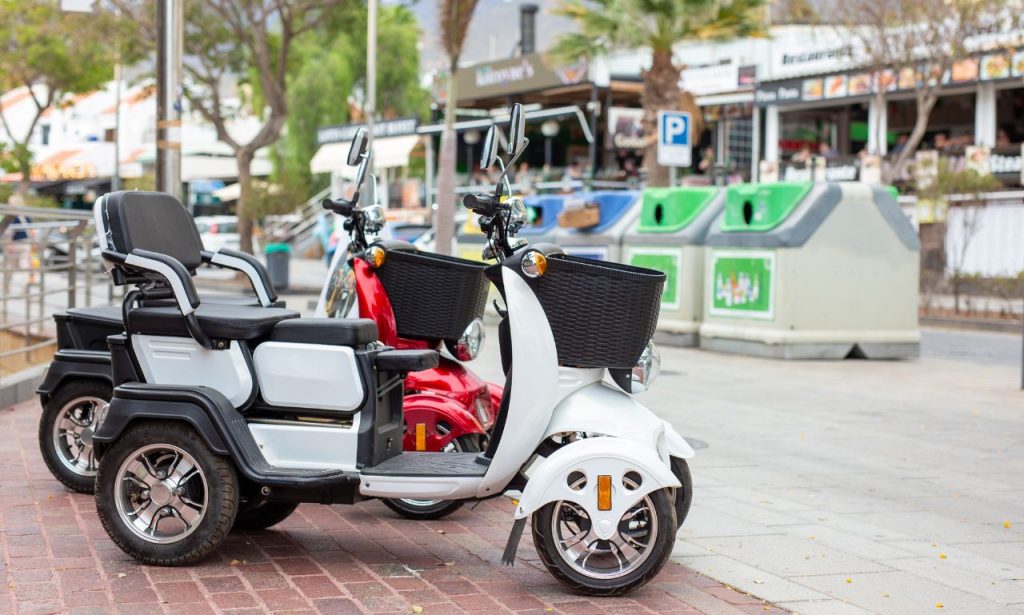
Looking for Software Glitches
Modern electric scooters rely on firmware to ensure smooth operation. Software issues can disrupt how components communicate.
- Perform a Factory Reset: Resetting the scooter to factory settings can resolve unexpected glitches.
- Firmware Updates: Check for outdated firmware that could be affecting functionality.
Reading Error Codes and Alerts
- Control Panel Alerts: The scooter’s control panel can display error codes that point to the exact issue.
- Consult Manual for Error Codes: Look up the error code to identify the underlying issues.
Software glitches can be an unexpected reason why your electric scooter turns on but does not move. Keeping your scooter’s firmware up to date can help avoid these issues.
When to Seek Professional Help
If you’ve exhausted all the above steps and your electric scooter still turns on but won’t move, it’s probably time to consult an expert.
- Authorized Service Providers: Contacting authorized repair centers ensures safe handling of electric components.
- Avoid DIY for Major Repairs: DIY attempts at repair might cause more harm than good if you lack experience.
Sometimes, the reason why your electric scooter turns on but does not move is simply beyond home troubleshooting, and professional expertise is needed.
Conclusion
When your electric scooter turns on but does not move, it can be an annoying problem with several potential causes. From zero-start settings and brake sensors to throttle and motor issues, diagnosing the root cause requires careful inspection and troubleshooting. The answer to “Why does my electric scooter turn on but not move?” could lie in something as simple as a loose wire or as complex as a faulty controller. If you’re unable to identify or fix the issue, seeking professional help is your best option to get back to cruising the streets.
ALSO READ: How to Tell if a Bolt Battery Has Been Replaced
FAQs
This could be due to battery voltage issues or a faulty throttle. Check the throttle connections and inspect the battery voltage under load.
Error codes usually indicate specific problems like motor or controller issues. Check the control panel and consult the manual.
Yes, cold temperatures can reduce battery performance significantly, preventing your scooter from moving effectively.
This could be due to a loose wire, faulty throttle, or even overheating issues in the motor or controller.

